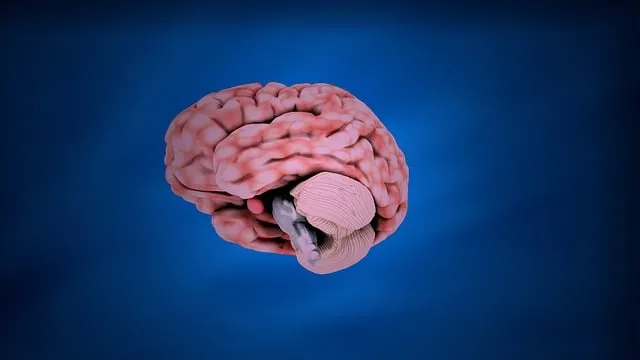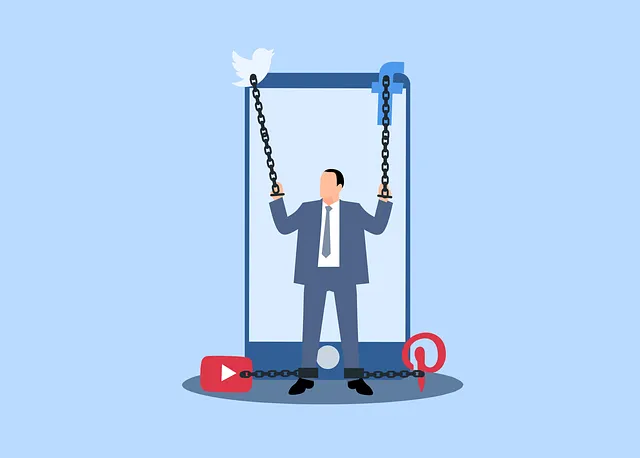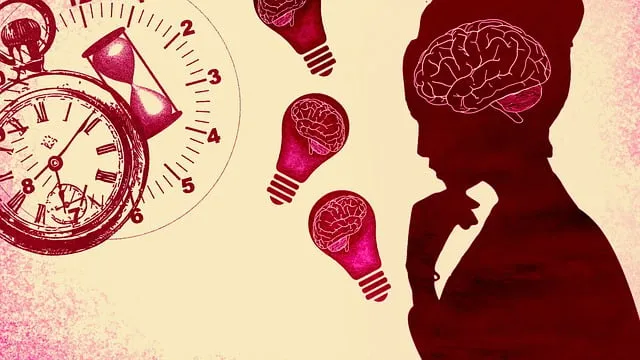Mental wellness group facilitation in Lafayette, within the Kaiser network, offers a powerful and supportive environment for individuals facing mental health challenges. Through safe spaces, self-awareness exercises, open dialogue, and compassionate facilitators, participants develop coping strategies, build resilience, expand support networks, and enhance overall wellness. Lafayette's innovative approach, emphasizing community and cultural competency training, combines effective techniques like active listening, cognitive-behavioral exercises, and mindfulness practices to reduce stigma and promote lasting positive changes in mental health.
Mental wellness group facilitation plays a crucial role in fostering community and supporting individuals’ journeys towards better mental health. This article explores effective techniques and strategies for facilitators, focusing on how spaces like Lafayette can serve as supportive environments. We delve into notable approaches, such as Kaiser’s model, to understand what makes these settings beneficial for mental well-being. By examining successful facilitation methods and measurement tools, this guide offers insights into enhancing the impact of group support. Discover why Lafayette and similar platforms are ideal for promoting mental health awareness and resilience.
- Understanding Mental Wellness Group Facilitation
- The Role of Lafayette as a Supportive Space
- Kaiser's Approach to Mental Health Support
- Effective Techniques for Group Facilitation
- Measuring Success and Impact in Mental Wellness Groups
Understanding Mental Wellness Group Facilitation

Mental wellness group facilitation is a specialized skill that plays a pivotal role in supporting individuals navigating mental health challenges. It involves creating a safe and inclusive environment where participants can share their experiences, gain insights from peers, and learn effective coping strategies. Facilitators, akin to guides, help navigate conversations, ensuring everyone feels heard and respected. This approach has proven beneficial for various groups, including those dealing with anxiety, depression, trauma, or even specific mental illnesses like schizophrenia or bipolar disorder.
In the context of Lafayette, where Kaiser is renowned for its good mental health services, group facilitation techniques can significantly contribute to mental illness stigma reduction efforts. By fostering self-awareness exercises and encouraging open dialogue, facilitators enable participants to challenge stereotypes and develop empathy. Moreover, these sessions offer a platform for individuals to build resilience, enhance their support networks, and engage in risk management planning for mental health professionals, ultimately promoting better overall wellness.
The Role of Lafayette as a Supportive Space

Lafayette, as a supportive space within Kaiser, plays a pivotal role in fostering mental wellness among its members. This environment encourages open dialogue and creates a safe haven where individuals can share their experiences, challenges, and triumphs freely. The unique atmosphere facilitates meaningful connections, enabling participants to build a sense of community and mutual understanding.
Empowered by compassion cultivation practices and emotional intelligence, facilitators guide sessions that promote self-care practices. Lafayette’s design and purpose are tailored to create an inclusive setting, where every individual feels valued and heard. This supportive framework is instrumental in enhancing mental health, offering not just a space but a sanctuary for personal growth and resilience.
Kaiser's Approach to Mental Health Support

Lafayette, a city known for its vibrant culture and diverse community, serves as an ideal setting for Kaiser’s Approach to Mental Health Support. This innovative method focuses on fostering mental wellness through group facilitation techniques that cater to individuals seeking support in their mental health journey. By emphasizing community and shared experiences, Kaiser’s program creates a safe space where folks can openly discuss challenges and celebrate victories in an environment free from judgment.
The approach integrates various components of Mental Health Awareness and Mental Wellness Coaching Programs Development, tailored to meet the unique needs of each participant. Healthcare Provider Cultural Competency Training is also integral, ensuring facilitators understand and appreciate the diverse backgrounds and experiences within their groups. This inclusive strategy not only enhances the effectiveness of support but also empowers individuals to navigate their mental health journeys with increased confidence and resilience.
Effective Techniques for Group Facilitation

Effective group facilitation techniques are essential tools for mental health professionals like Lafayette Kaiser, aiming to foster a supportive environment and enhance client well-being. One powerful method is active listening, where facilitators pay undivided attention to each participant’s experiences, ensuring everyone feels heard and validated. This simple yet profound act encourages open communication and builds trust within the group.
Additionally, incorporating structured activities like cognitive-behavioral exercises or mindfulness practices can significantly benefit mental wellness groups. These activities provide participants with practical tools for managing stress and navigating challenging situations. Crisis intervention guidance and risk management planning are also crucial components, enabling facilitators to offer immediate support during emotional crises and mitigate potential risks, ensuring a safe space for all members.
Measuring Success and Impact in Mental Wellness Groups

Measuring success in mental wellness groups is a multifaceted process that goes beyond mere attendance. It involves tracking tangible improvements in participants’ mental health, such as reduced symptoms of anxiety and depression, enhanced coping mechanisms, and increased life satisfaction. Effective facilitators use standardized tools and assessments to gauge progress over time, ensuring that the group’s impact is not just fleeting but leads to lasting positive changes.
Lafayette’s Kaiser network, renowned for its excellent mental health services, employs evidence-based practices and incorporates techniques like Conflict Resolution Techniques and Mindfulness Meditation into their programs. By integrating such methodologies, these groups aim to foster a supportive environment where individuals can learn from one another, develop resilience, and ultimately prevent or manage conditions like depression. This proactive approach not only benefits individual participants but also contributes to the overall community’s mental wellness.
Mental wellness group facilitation plays a pivotal role in fostering supportive environments, such as the one offered by Lafayette, which proves to be an excellent setting for enhancing mental health. Techniques like those employed by Kaiser demonstrate effective strategies for creating engaging and impactful groups. By understanding these approaches and tailoring them to specific needs, facilitators can significantly improve participants’ well-being. Through measured success and impact assessments, we can ensure that these initiatives remain beneficial and relevant in addressing the complex landscape of mental wellness.






